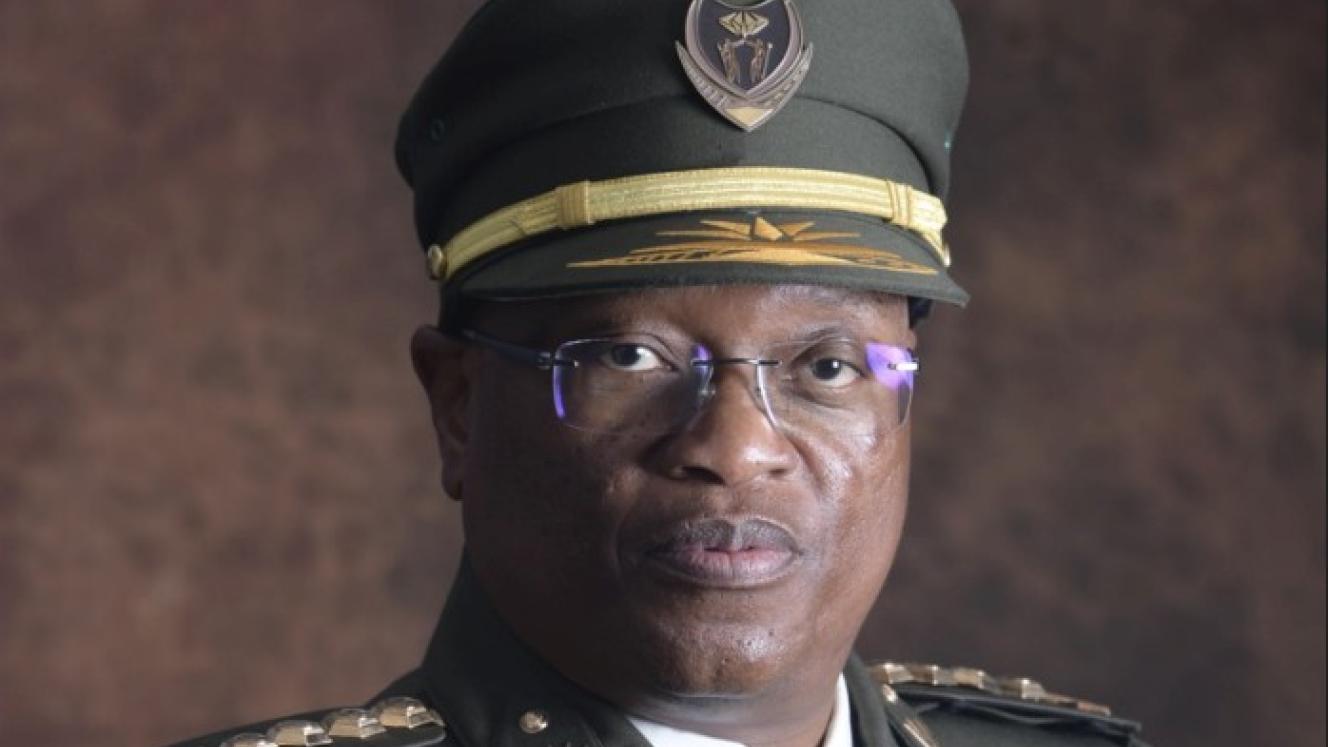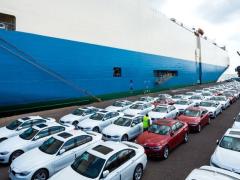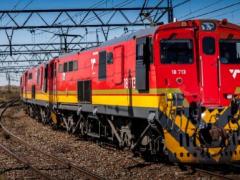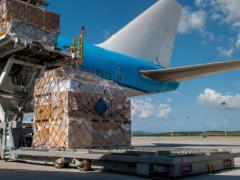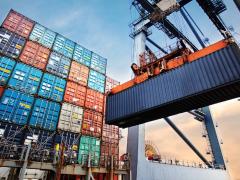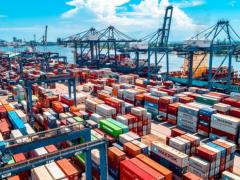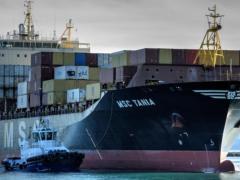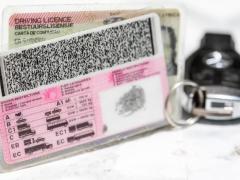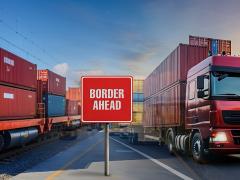Tengwa Africa Mozambique is expanding its fleet and implementing an advanced, integrated workshop management module as part of a new digital management system, set to go live in the last quarter of the year. “Mozambique’s logistics sector is evolving rapidly and we want to ensure that Tengwa Africa remains ahead of that curve,” said Amin Esmail, country manager. “By expanding our fleet and integrating a new workshop management module into our digital system, we are strengthening efficiency, transparency and service delivery for our clients. “These investments are not just about keeping up with demand – they’re about positioning ourselves for the future of logistics in Mozambique.” According to Esmail, massive investment in Mozambique’s ports and transport corridors is reshaping the logistics landscape. “We are seeing rapid growth in specialised services for mining and project cargo, alongside a stronger focus on climate resilience and digitalisation to improve efficiency and global connectivity. With LNG projects coming online, continued port modernisation and steady economic development, Mozambique is firmly positioning itself as a key regional logistics hub.” The government has indicated its intent, with plans to increase the logistics sector’s contribution to GDP from 8% to 20% by 2027. The national director of logistics at the Ministry of Transport, Fernando Ouana, is on record saying that ongoing structural investments in the sector could see revenues increase within two to three years. Esmail said these were all positive developments for the country. “We are seeing significant investment in rehabilitating and expanding ports like Quelimane and Pemba, including dredging, modernising equipment and expanding handling capacity. The Maputo Corridor and Beira Corridor are also receiving support to serve regional transit needs for commodities and imports,” he said. “At the same time, we are seeing our sector adapt to handle new cargo types such as graphite, marble and timber. Mineral commodities and LNG volumes continue to increase.” He said across the logistics sector, companies were investing in their fleets, and in particular, project cargo capabilities were being addressed. “There is a strong push towards implementing digital solutions to improve efficiency, enhance trade visibility and streamline customs processes. “This includes the introduction of an African Air Cargo system to integrate customs and financial systems, providing real-time tracking and automated compliance,” said Esmail. “Mozambique is leveraging its strategic location to strengthen its role as a key regional logistics hub, facilitating intercontinental trade and creating more efficient transport routes for landlocked neighbouring countries.” This is good news considering the country’s biggest challenge to date has been its inadequate and fragmented infrastructure, particularly the lack of connectivity between east-west and north-south corridors. “The vast size of Mozambique makes road and rail maintenance challenging. The road network is fragmented and in poor condition, while growing trade volumes place pressure on existing railway capacity, requiring constant investment and expansion. Ports have also struggled to remain competitive regionally due to inefficiencies.” But, Esmail said, the drive to address these challenges was unlocking major opportunities for freight and logistics operators. “Mozambique’s strategic location and ongoing infrastructure investments are creating enormous potential across the logistics value chain. “As the country expands its port and corridor capacity, develops intermodal transport links and strengthens regional trade routes, we’re seeing growing demand for specialised services that support mining, oil and gas and agricultural exports. These developments are positioning Mozambique not just as a transit country, but as a true regional gateway.” LV
Push for digital solutions to improve efficiency
Comments | 0
